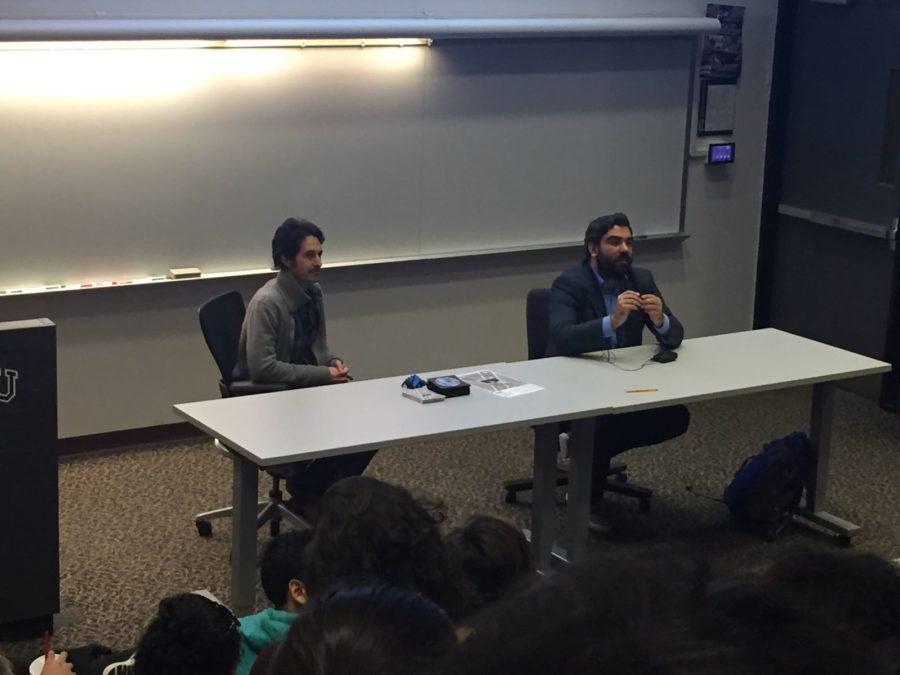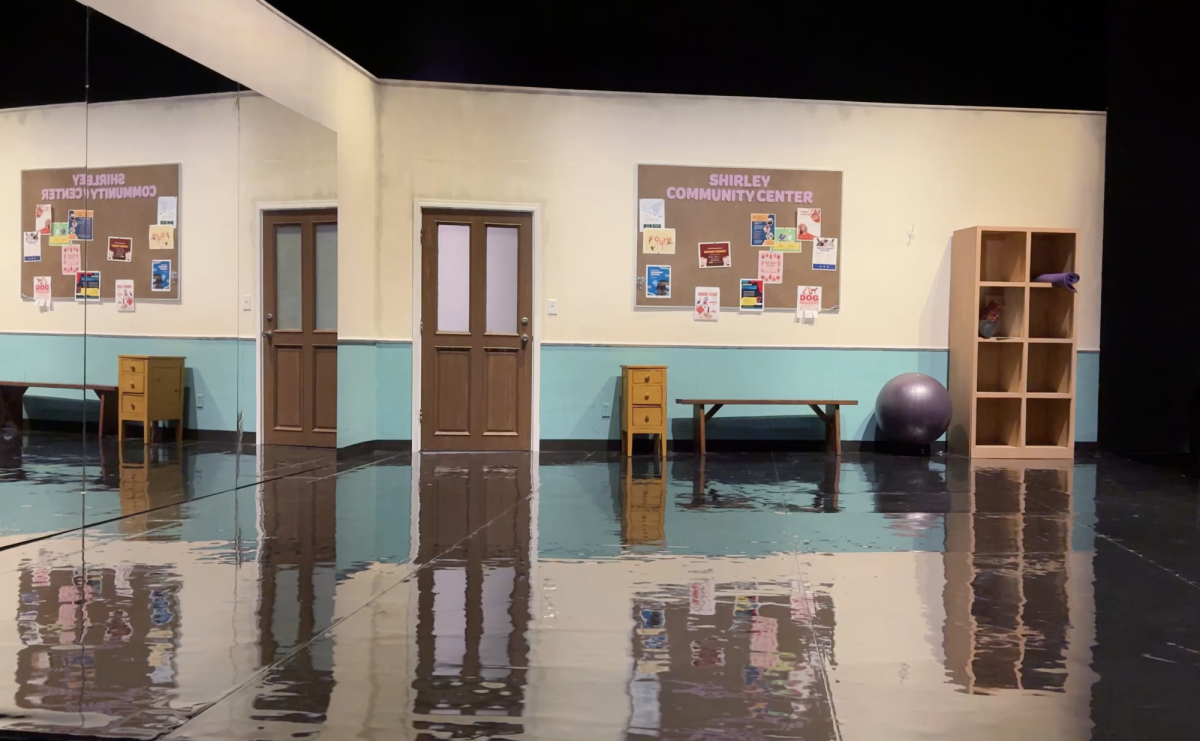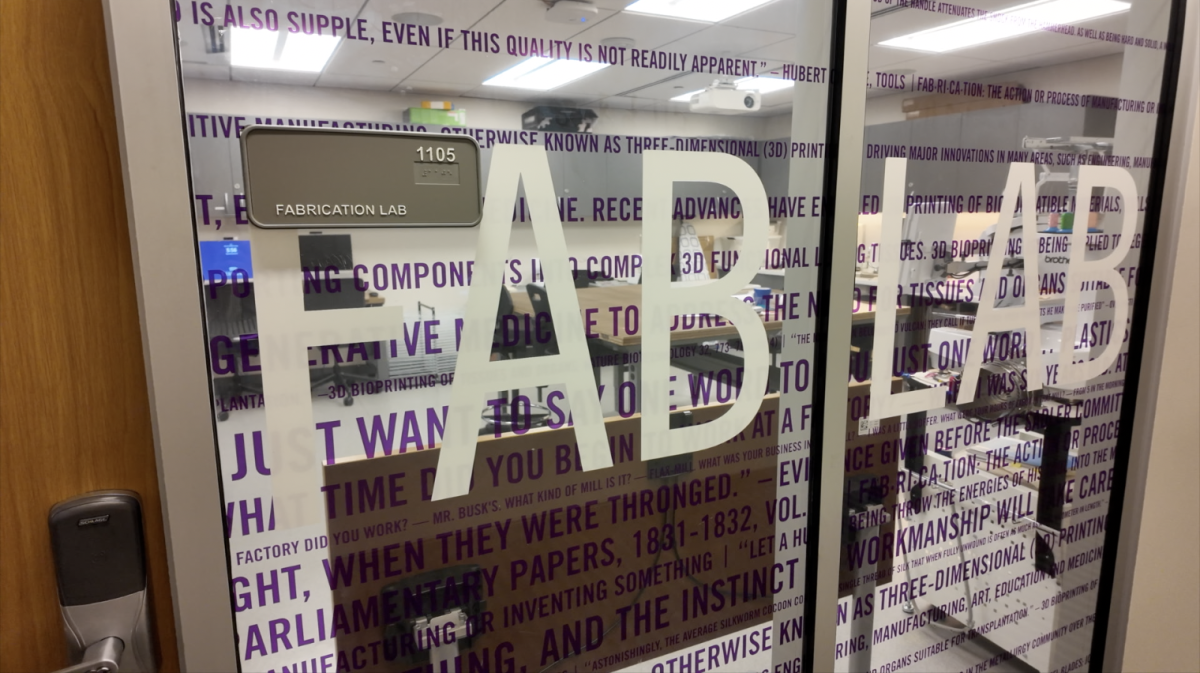The producer of a documentary about racism in East Texas said it was “commonplace” when he was growing up in Grand Saline, Texas. The city and its residents are featured in “Man on Fire,” which looks at a minister’s death by self-immolation. An act some said was meant to protest racism. “Growing up in Grand Saline, I was referred to as ‘wetback’ in high school,” James Chase Sanchez, who has a PhD in rhetoric and composition from TCU, said. “One of the football team’s slogans was ‘we’re all right because we’re all white.’ There was this commonplace racism there.” In 2014 Methodist pastor Charles Moore, 79, set himself ablaze outside the town’s Dollar General store. A typed letter urging Grand Saline residents to repent for their racism was found in his car. According to 2016 Census estimates, Grand Saline is a city of around 3,100 people, where 65 percent are white, 31 percent are Hispanic and only 1.7 percent of the population is black. Sanchez’ research found evidence of the KKK being present in the town after the Civil Rights movement, and there was even a recorded case of their presence in the mid-1990s. In his suicide letter, Moore recalled an incident at age 10 where he and some friends ran into a man called “Uncle Billy” who encouraged them to help kill African Americans and “put their heads up on a pole.” Over time, African American families left Grand Saline, opting to live in surrounding cities like Mineola, Texas. “African Americans who work in Grand Saline live elsewhere,” Moore wrote in his letter. Moore displayed a passion for civil liberties throughout his life, Steve Basille, a Grand Saline resident interviewed in the film, said. “Moore was always personally hurt by injustice and inequality; he cared very, very deeply and felt like it was his mission to erase inequality wherever he saw it,” Basille said. Sanchez referred to Moore as a social justice warrior. “In the 1960s he moved his family to Chicago to fight for civil rights, in the 1970s he went to India to help the impoverished communities there, in the mid-1990s in Austin, Texas he went on a two-week hunger strike to protest the Methodist church’s stance on gay and lesbian rights, he fought against the death penalty in Texas and he won awards from numerous organizations around the state for his activism,” Sanchez said. Towards the end of his life, Moore continued to feel racial tension in Grand Saline. “I find myself very concerned about the rise of racism across the country at the present time,” he wrote in his letter. “What my hometown needs to do is open its heart and its doors to black people, as a sign of the rejection of past sins.” Sanchez said self-immolation is often seen as a protest. “Charles Moore found a form of salvation for other people in this terrible, gruesome act and so I think he chose self-immolation because he hoped it would garner attention,” Sanchez said. The filmmakers said they decided to tell Moore’s story because there’s a lack of dialogue about racial issues. “This is my hometown, these are stories I heard growing up there, so I knew immediately that I was in a unique position to tell this story and I knew it needed to be heard,” Sanchez explained. During the Q&A session after the screening Thursday, one audience m ber, asked whether Moore’s death had made a difference. “I think he thought he was going to get a lot of press from this and that didn’t happen,” said Sanchez. Emily McGaughy, a former Grand Saline resident featured in the film and present at the event, agreed Moore’s death was not discussed as much as it could have been. “I would love to think that behind closed doors there are conversations happening,” McGaughy said. “Do I think there’s major change happening today? Probably not.”
Categories:
‘Man on Fire’ discusses the lingering racism in Grand Saline, Texas
Published Mar 2, 2018
Joel Fendelman and James Chase Sanchez discuss the film “Man on Fire” at TCU on March 1, 2018. (Photo by Michelle Carter)
More to Discover







